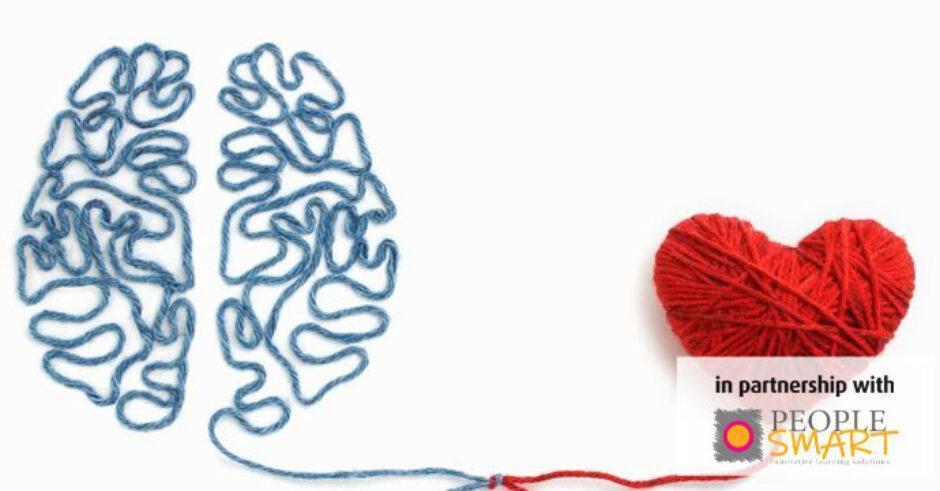The fourth dimension in the six dimensional Genos model of Emotional Intelligence is Emotional Reasoning.
We are making decisions every moment of every day in our personal and business lives. And some of those decisions are massively significant and affect many other people. So it’s obvious that we need to be wise about what elements we use in our decision making. Especially now when it’s more vital than ever that we understand how decisions affect peoples’ feelings.
Emotions, feelings and body sensations, are data from our bodies. This data is valuable information that needs to be taken into account if we want to make good decisions.
Reasoning on its own is a purely mental activity and tends to be logical, rational, and based on facts and beliefs, judgments and opinions. But using only reason in decision making without the emotional data can be dangerous.
For example, right now business leaders are facing tough decisions. Some are reacting out of pure survival, fear and panic and they’re making knee jerk reactive decisions and laying off people without carefully thinking through the consequences.
Others are sitting down with their colleagues and figuring out ways to keep their staff on board and their businesses running. I posted a Times article on LinkedIn the other day about Simon Rogan, the owner of Michelin starred L’Enclume restaurant in the Lake District of England. He is continuing to pay his lowest paid workers in full while he and his senior colleagues are taking zero income. That’s generous and brave and undoubtedly he will be remembered by the local community in the future as a kind, caring man who looked after people in a time of crisis. That will be good for his brand and, when you think about it, is also logically the best way forward to preserve his business and maintain his loyal staff.
Conversely, we hear about business leaders who give open communication short shrift and peremptorily dismiss their staff without fully explaining the rationale or showing them empathy as they are thrown into the despair of impecunity. These leaders will also be remembered for that and their brands will suffer.
So Emotional Reasoning is about thinking about the impact your decision will have on peoples’ feelings before taking action. Of course, logic must play a part too; the best decisions are made with both reason and feelings considered.
In the current environment, people are often defaulting to reaction versus response. This is where Emotional Reasoning has an inner aspect as well as an outer application. When we’re scared and panicked we can make quick decisions that aren’t necessarily the right ones. This is where Self Awareness and Self Management is needed. For example, the emotional data tells you that you’re scared but ideally, you can stop yourself being impulsive and bring in some reason to provide a balanced action or decision. This is responding versus reacting.
So the balance between the head and the heart is ideal but also beware of the danger of erring too much on the side of feelings and emotions in your decision making.
Years ago I formed a business partnership with a lovely, professorial guy on the basis of liking each other’s company! The first year we went gangbusters and at the end of the second year we gave it all up. In retrospect feeling good about being in each other’s company was NOT a good enough reason to become business partners! What we failed to factor in from the outset was that we were both Fs on the Myers Briggs scale of T and F – Thinking and Feeling. To make it work we should have had a third partner who made decisions based more on logic and reason. Sadly we found this out too late and to our great (literal) cost!
In summary, in the language of the GenosModel, expansive decisions combine feelings and facts. Limited decisions are ones that are based purely on the facts and logic. Your decisions will either create teamwork, connection and community or they will alienate depending upon the degree to which you incorporate feeling data.
Ultimately, feelings come from the heart, thoughts and ideas from the head. What we need at this time especially, are leaders whose decisions, in addition to facts, figures and logic, incorporate compassion, empathy and love.
PeopleSmart provides innovative learning solutions to organizations in many countries, cultures and languages, focusing on leadership and people development in the context of digital transformation, change management, culture change and the increasing need for Emotional Intelligence.
The Business Transformation Network has shared this article in partnership with PeopleSmart.

